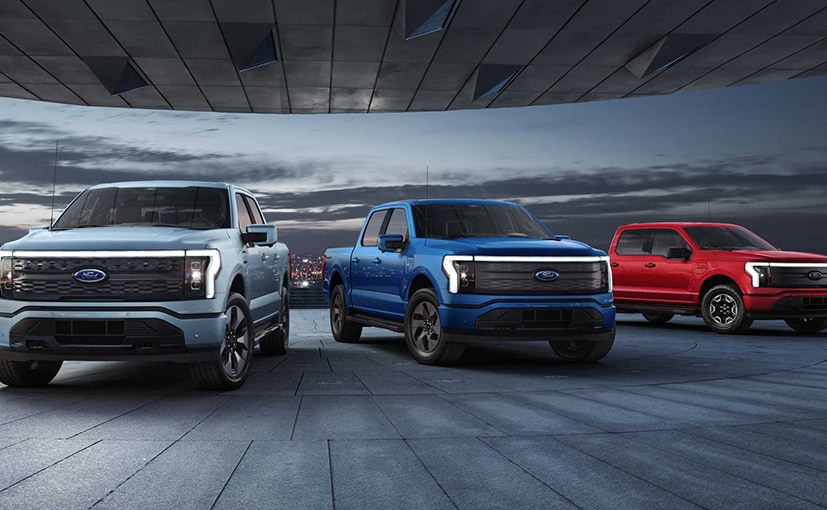Ford CEO, Jim Farley, Says He's Bringing Semiconductor Expertise In-House

Highlights
- Jim Farley wants to upgrade to 22nm chips
- He wants know how on what should be used and customised for Ford
- He wants to get close to suppliers in Asia with new hires
Ford's CEO Jim Farley recently gave a far-reaching interview to tech publication 'The Verge', he revealed that the launch of electric cars like the Mustang Mach-E and the F-150 Lightning, he said that Ford needs to get more in-house know-how on semiconductors which will help it advance semiconductors that are on the 22nm manufacturing node or smaller but also help it to choose what material it can get off the self which it can customise for its own purpose because it will be doing a lot of AI processing in the cars.
"One of the things that's really obvious to us right now is the SOC [system-on-chip] design. Not only do we have to move to 22nm or smaller, more advanced [semiconductors], more importantly, we have to be in a position to know inside the company what to choose and customize off the shelf computes to work for us, because we're going to be doing a lot of AI processing. All the video we're ingesting has to be AI processed onboard to make decisions, let's say, on partial autonomy. We are going to have to have real expertise in the company on silicon and design. It'll be a transition," said Farley.

It is perhaps the most important car Ford has released in years
The global semiconductor shortage has impacted Ford's future dearly. Most foundries like TSMC, Global Foundries and Samsung have been at peak capacity because a lot of their focus is on the newer nodes like the 5nm and 7nm for smartphones and PCs while car companies are using older 55nm technology in some cases for which there isn't enough capacity. To remedy the situation, Farley believes he needs some on-ground expertise that can improve the supply chain situation in Asia.
"The other thing we can do is to give the foundries more confidence in future production by going direct with them. So on behalf of our supply base, actually going and contracting purchases. I think boots on the ground in places like Taiwan and China and Asia are going to be more important for us," he told the Verge.
He also admitted that generally as the car operates more like a computer, he would like his organisation to learn from tech peers like Dell and Cisco on how to run its supply chain. All this comes in addition to Ford now delving deep into the development of its own battery technology, including solid-state batteries and autonomous car technology in tandem with an investment in Argo AI.
Farley also talked about the partnership with Google for Android Automative and he felt he didn't cede ground to a tech company.
"We're going to a fully networked vehicle soon. Like you said, a computer on wheels. So how much software resources do we put on vehicles that have the previous updatable? We're up to millions of connective vehicles now. We're going to have to commit to the resources to support these vehicles that we're launching now for decades to come. The real lift is going to be, how do we simplify going forward so that we only have certain hardware and embedded software solutions, complexities, so that we don't go crazy with our software resources?" he said.

Ford Mach-E 1400 Prototype was one of the first electric cars by the legendary Detroit carmaker
He also felt that we are approaching the age of an upgradable car because electric cars have no emissions and the software/ hardware stack is very similar to what's available on phones and computers.
"Unlike your phone where you may get a new one two or three years later, we'll have lots of used cars. A lot of our commercial customers used to buy because the emission standards changed. They had to buy a Euro 6 or a new F-150 Super Duty. With electricity, that's out the window, zero emissions. So I could easily see customers owning these vehicles, multiple customers, [for] 30 years. It could be like a 737 fuselage, where it gets upgraded. I think that's absolutely on the table," said Farley.
He even added that he could see Ford only produce electric cars. He said solid-state batteries would need to be in play and the infrastructure would need to catch up in places like South Africa and Australia.
"I would say for retail, I could see that day. We have to get to solid-state [batteries], and a lot of things have to happen. Infrastructure would have to improve in places like South Africa and Australia," he said.
Last Updated on May 21, 2021














